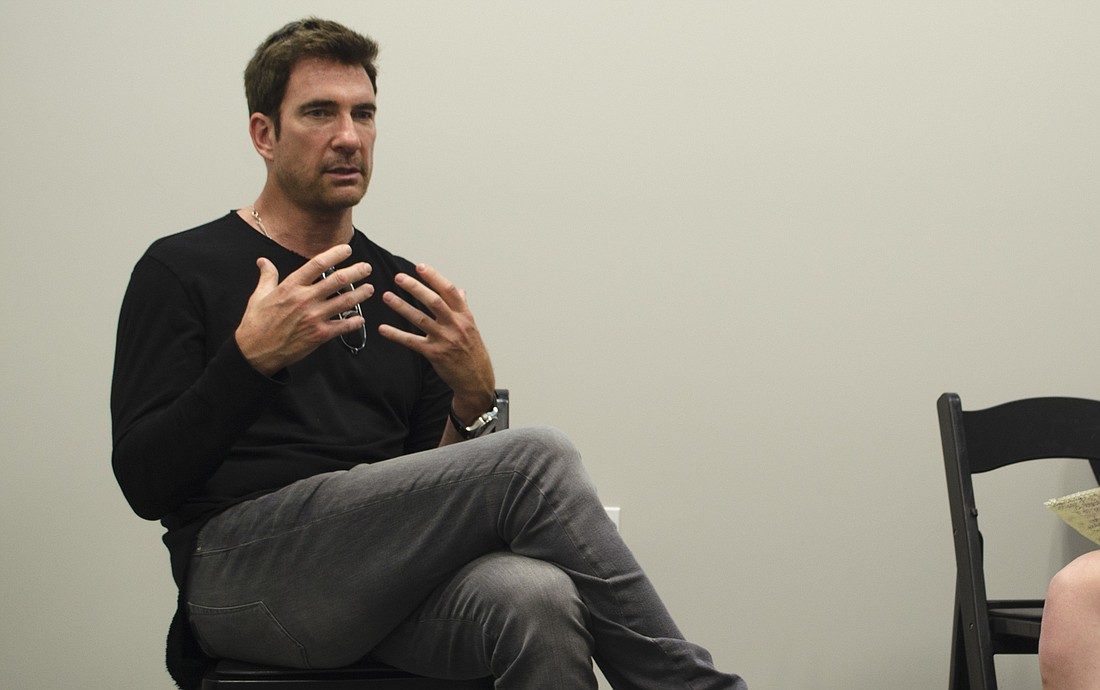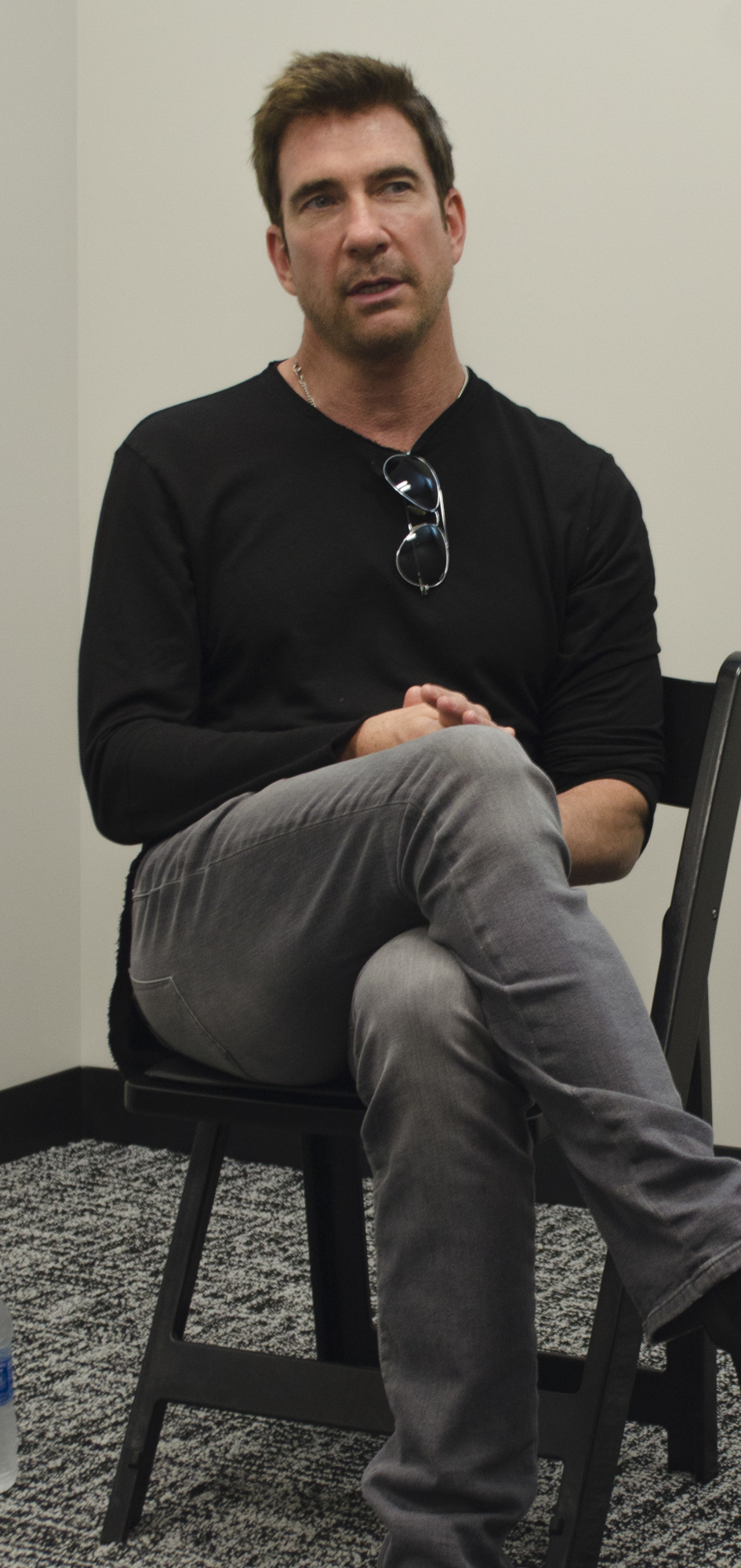- July 4, 2025
-
-
Loading

Loading

The roots of Dylan McDermott’s new web series can be traced to two unlikely sources of inspiration: an adoptive mother only eight years his elder and the 13-year-old girls silently dominating consumer culture.
“Sugar” is a web series about a 15-year-old runaway named Sugar who manages to find herself at the lowest point of personal despair. Shot locally with a majority local cast, the series will expose Sarasotans to a crisis that unfolds before their unknowing eyes every day: sex trafficking.
McDermott began shooting the series — a partnership between Ringling College of Art and Design and Semkhor Networks — in Sarasota late last May and finished in early June. The series premiered April 27 at Sunscreen Film Festival in St. Petersburg, with a private local screening the following night at the new Ringling Studios Complex.
To understand why McDermott would create a web series about sex trafficking, it’s important to understand his connection to violence against women.
McDermott’s mother, Diane McDermott, was fatally shot when he was just 5 years old. Ten years later, he met his soon-to-be adoptive mother, feminist playwright Eve Ensler. Ensler — who wrote “The Vagina Monologues,” which includes a monologue about the birth of McDermott’s oldest daughter — was the one who encouraged him to go into acting and instilled in him a passion for ending violence against women.

“It was really important for me to not make Sugar a victim but make her empowered, and I think a lot of that comes from Eve,” McDermott says. “Her influence on me and watching her work, acting in her work, all of our conversations and late-night phone calls — I think a lot of that sunk in and really changed me as a person.”
Two other women in his life also inspired him to create “Sugar.”
McDermott is the father of two young girls, Charlotte and Colette, and he says when they see the series someday, he hopes it teaches them the importance of resilience.
“I want them to be strong — I want them to be empowered,” he says. “It’s so easy to slip into the victim role in life.”
To get this message across to viewers, McDermott thinks “Sugar” needs to first reach young girls, and he turns to the example of Japanese businessmen to prove his point. In Japan, he says, businessmen often bring 13-year-old girls into conference rooms to ask them for advice, and they shape their business strategies from there.
“Thirteen-year-old girls kind of run the world in a strange way,” he says. “They have their finger on the pulse of what’s next.”
By first reaching teenage girls, he thinks “Sugar” will make its way to the attention of teenage boys, who will hopefully in turn change their perception of women and how to treat them.
McDermott says that working with the Ringling students and graduates on this project — he directed the pilot, but the following seven episodes were directed by graduate Jason Letkiewicz — was both a learning experience for both him and the students.
He says they never complained and always came ready to work -— a reminder of the importance of hard work and dedication.
Asked what he hopes audiences will take away from the series, he references the selfish stereotype of young people today.
“We’re living in the age of the selfie, so it’s hard for people to have compassion,” he says. “If they can feel something in there to help another, to be of service somewhere, then that’s a homerun.”